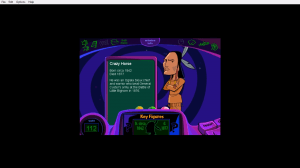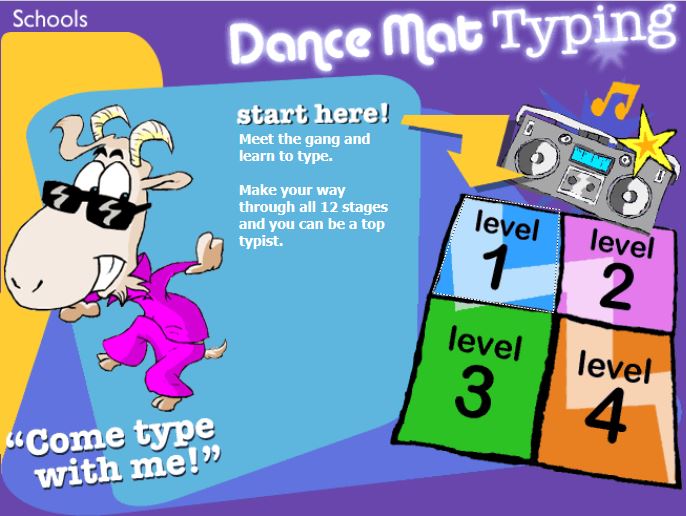


If you used an antigen test, follow FDA recommendations for repeat testing. Additionally, some places may test people without symptoms or a recent exposure to help keep COVID-19 from spreading to others, especially those who are at higher risk for severe illness.Ī negative COVID-19 test means the test did not detect the virus, but this doesn’t rule out that you could have an infection. If you use an antigen test, follow recommendations for repeat testing to be confident in a negative result. Test as close to the time of the event as possible (at least within 1-2 days) to help you make informed decisions about your health and your risk of spreading COVID-19 to others. Testing can be helpful even when you don’t have symptoms or a recent exposure to COVID-19, such as before an event or visiting someone at higher risk.
Learn 2 type for free full#
If you do not have symptoms but have been exposed to COVID-19, wait at least 5 full days after your exposure before taking a test. If your antigen test is negative, take another antigen test after 48 hours or take a PCR test as soon as you can.If you use an antigen test, a positive result is reliable, but a negative test is not always accurate.

If you are only going to take a single test, a PCR test will provide a more reliable negative test result.Key times to get tested: If you have symptoms, test immediately.


 0 kommentar(er)
0 kommentar(er)
